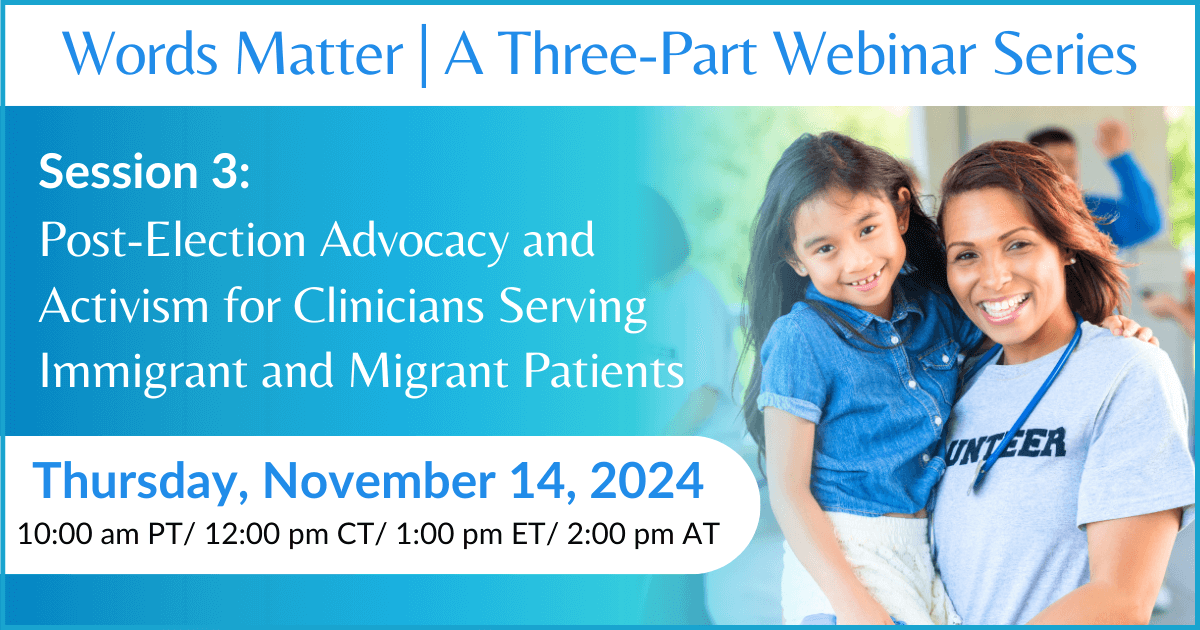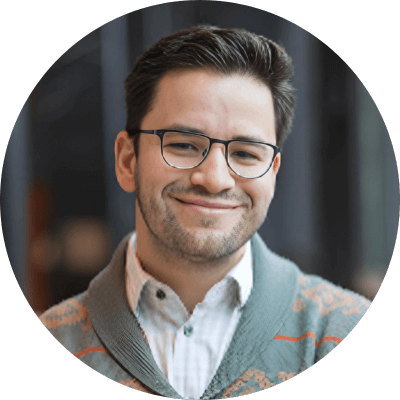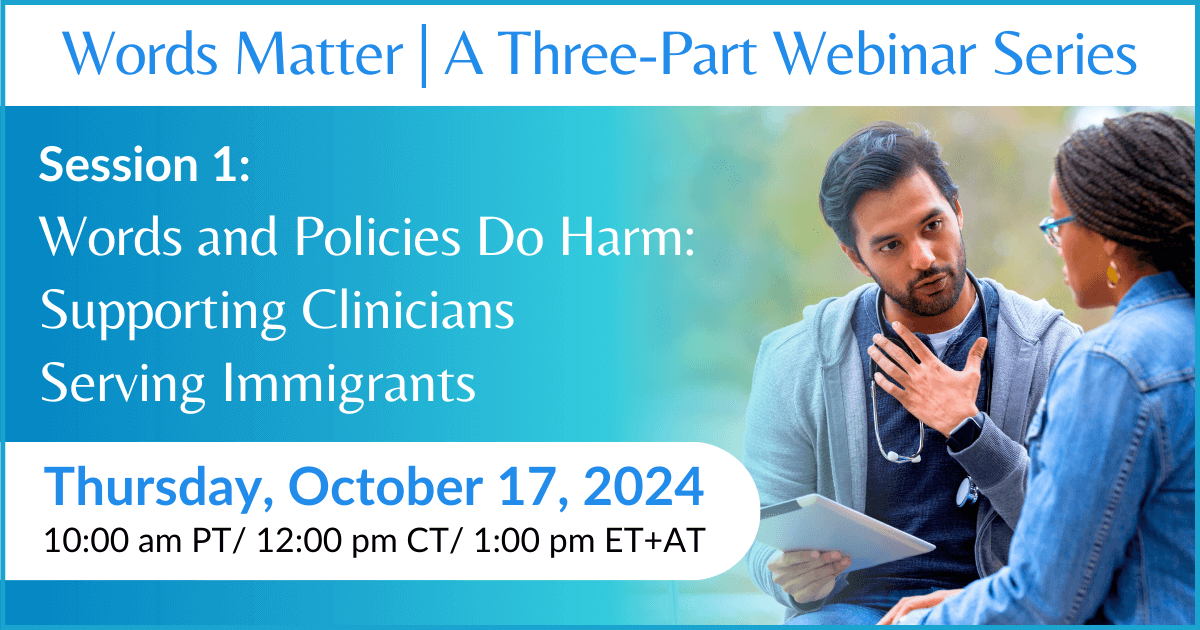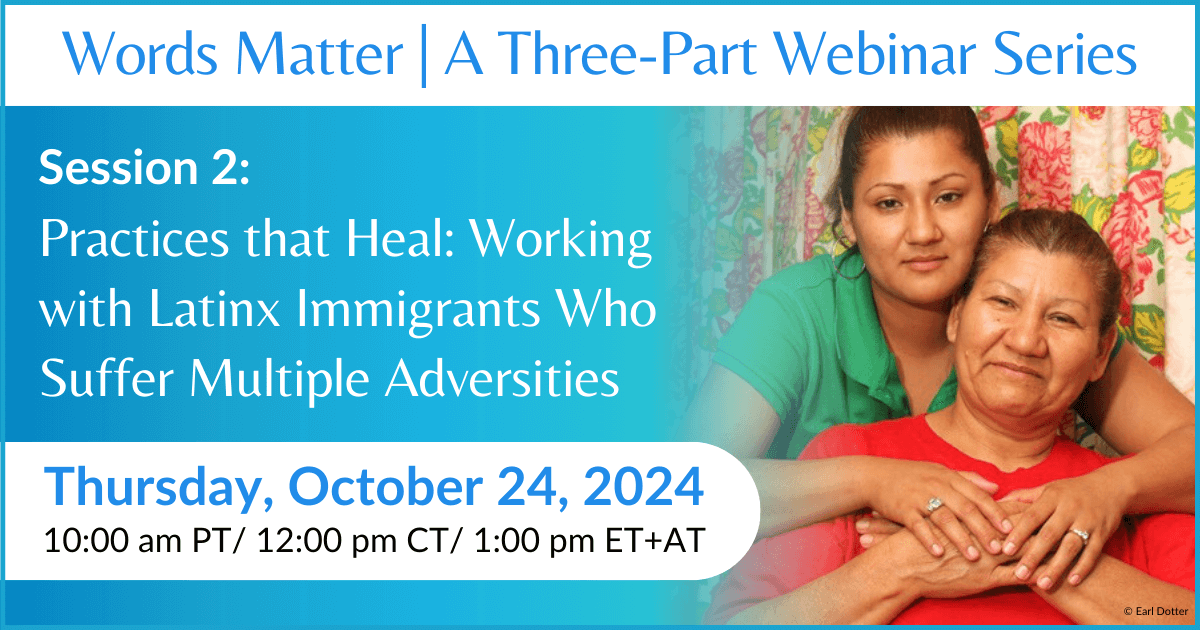
* This webinar will be provided in English with simultaneous interpretation into Spanish *
This webinar, the third in our three-part series, explores how clinicians, including Community Health Workers, can advocate for immigrant and migrant communities through a collaborative model rooted in liberation psychology and critical consciousness. Learn practical strategies for forming partnerships with local immigration groups and creating trauma-informed spaces for empowering dialogues. Real-life examples will illustrate how advocacy can drive health equity and improve client outcomes.
Presenters

Melanie M. Domenech Rodríguez, PhD, ABPP
Dr. Domenech Rodríguez is a leading expert in addressing health disparities through her scholarship, teaching, and mentorship. Her research focuses on cultural adaptations of evidence-based interventions to improve access and treatment effectiveness for ethnically and culturally diverse populations. As a past president of the National Latinx Psychological Association and Psi Chi, and current editor of Family Process, she has also demonstrated leadership in advancing diversity and equity within the field of psychology.

Germán A. Cadenas, PhD
Dr. Germán A. Cadenas (he/his/él) is an Associate Professor of Clinical Psychology at Rutgers University and the Associate Director of the Center for Youth Social Emotional Wellness. As an immigrant from Latin America, his community-based research focuses on the psychology of immigration and critical consciousness as tools for social justice. Dr. Cadenas' work has informed national policies, supported undocumented students, and addressed the disproportionate impact of the COVID-19 pandemic on communities of color. He also serves as Associate Editor of the Journal of Counseling Psychology and is on the APA Presidential Task Force on Immigration and Health.

Michelle A. Silva, PsyD
Michelle Alejandra Silva is a licensed clinical psychologist and Associate Professor of Psychiatry at Yale School of Medicine. As the Director of the Latino Behavioral Health System, she works to expand access to behavioral health services for the monolingual Spanish-speaking community in greater New Haven. Her work focuses on health equity, immigration-related trauma, and community-based mental health, bridging clinical practice, education, and research to support vulnerable populations.
Archived Sessions
Words and Policies Do Harm: Supporting Clinicians Serving Immigrants
Watch Session 1 Recording Here

Practices that Heal: Working with Latinx Immigrants Who Suffer Multiple Adversities
Watch Session 2 Recording Here
Watch the Webinar Recording
Download the Presentation Slides
At the conclusion of this series, participants will be able to…
- Understand and gain knowledge of how anti-immigrant rhetoric and policies can affect the well-being of BIPOC patients;
- Learn culturally responsive approaches to support Latinx immigrants who experience multiple adversities;
- Learn principles of collaborative advocacy and critical consciousness.
Continuing Education Credit (CEU)
Continuing education credits will be available for sessions 1 & 3 only

Application for CME credit has been filed with the American Academy of Family Physicians. Determination of credit is pending.

Migrant Clinicians Network is accredited as a provider of nursing continuing professional development by the American Nurses Credentialing Center's Commission on Accreditation.


